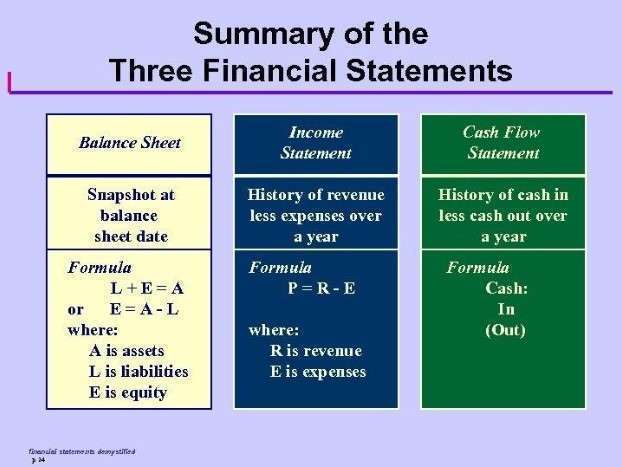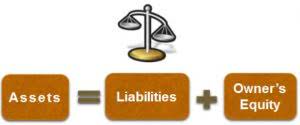When Does It Benefit a Company to Buy Back Outstanding Shares?

A significant change in outstanding shares, such as through a stock buyback or issuance, can signal strategic shifts and impact investor sentiment. The number of outstanding shares is also important in calculating other financial metrics such as earnings per share. For instance, stock buybacks may increase the value of the remaining shares of stock and improve metrics such as earnings per share because there are fewer shares outstanding. Earnings per share is calculated by dividing the total net earnings of a company by the number of shares outstanding.
Want to start your Investment Journey?
- While the number of outstanding shares and the public float may be the same, they don’t have to be, such as in the case of one company owning the shares of another company with no plans to sell them.
- Companies will typically keep a portion of the shares in their own treasury for many reasons.
- The company on Monday announced that the Nordstrom Family and Liverpool will acquire all outstanding common shares of Nordstrom.
- The category does not include treasury stock, which is the company’s own stock held by the company.
A company can issue additional shares if it needs to raise more capital or wants to acquire another company, among other reasons. A company with a large number of authorized shares may have more flexibility to issue additional shares in the future, which could dilute the value of existing shares and impact earnings per share. It's important to understand the concept of authorized shares when analyzing a company's stock ownership structure. While shares outstanding account for company stock that includes restricted shares and blocks of institutional shares, floating stock specifically refers to shares that are available for trading.
Consolidating Ownership

Non-voting shares, also known as preferred shares, typically offer a fixed dividend payout and no voting rights in company matters. For example, Berkshire Hathaway’s Class B shares are non-voting and offer lower voting rights than their Class A shares. Management shares can provide certain advantages for investors, particularly regarding interest alignment, expertise, experience, and stability. On the other hand, investors should also carefully evaluate the potential disadvantages of management shares, such as conflicts of interest and a lack of responsibility. Management shares are shares outstanding formula owned by a company’s top managers or management team.

Why shares outstanding matters

5paisa shall not be responsible for any unauthorized circulation, reproduction or distribution of this material or contents thereof to any unintended recipient. Kindly note that this page of blog/articles does not constitute an petty cash offer or solicitation for the purchase or sale of any financial instrument or as an official confirmation of any transaction. This article is prepared for assistance only and is not intended to be and must not alone be taken as the basis of an investment decision. Please note that past performance of financial products and instruments does not necessarily indicate the prospects and performance thereof.
2) Most companies have an investor relations section on their website which provides information on the number of shares outstanding. 3) Publicly traded companies are required to file periodic reports with the Securities and Exchange Commission (SEC), which also contain information on the number of shares outstanding. 4) Financial news websites such as Yahoo Finance or Google Finance provide real-time data on a company's Bookstime outstanding shares. 5) Stock exchange websites where the company's shares are listed also provide information on shares outstanding. As shares outstanding are an important metric that impacts various financial ratios and metrics, it is essential for investors to know where to find this information.
How do stock splits impact shares outstanding?
- The resulting figure is used to calculate important financial metrics such as earnings per share (EPS) and is required to be disclosed in a company's financial statements.
- If a company buys back its own stock, those repurchased shares are called treasury stock.
- The weighted average shares outstanding figure smooths out this variance, by simply averaging the share count across the reporting period.
- Let us understand the different types of outstanding shares equation through the explanation below.
- Strike offers a free trial along with a subscription to help traders and investors make better decisions in the stock market.
Redeemable shares give an option to the company to repurchase its own stock if it needs to reduce the number of outstanding shares or change its capital structure. Let’s say that a company has authorized 10,000 shares of stock, and it has sold 8,000 of these shares to investors. A higher number of outstanding stocks means a more stable company given greater price stability as it takes many more shares traded to create a significant movement in the stock price. Contrary to this, the stock with a much lower number of outstanding stocks could be more vulnerable to price manipulation, requiring much fewer shares to be traded up or down to move the stock price. The shares companies issue are known as authorized shares, which are the maximum number of shares they are lawfully permitted to make available to investors.
